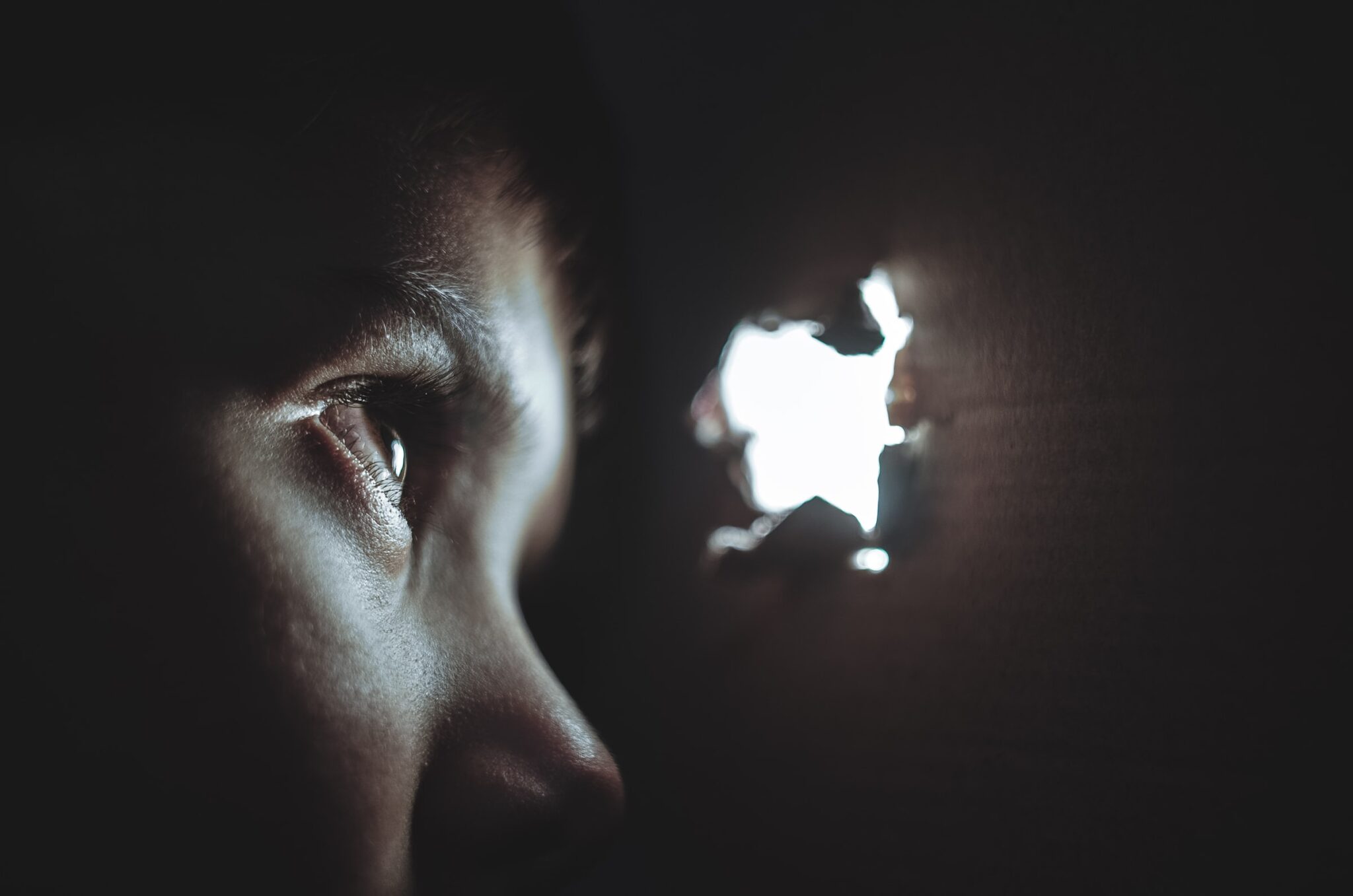
Breaking Free of the Cycle of Anxiety: My Story
March 16, 2022Breaking Free of the Cycle of Anxiety: Step Two
March 30, 2022***The content in this post is for general informational purposes only and is not intended to substitute for professional mental health treatment.***
Step One: Identify Your Pattern
Anxiety is easier to spot in someone else. The other day, a friend was talking to me about her stresses. Her mind kept circling around and around, imagining how things might go wrong. She was tense and irritable. I said, “it sounds like your anxiety levels are really high right now.”
Full stop. She stared at me and said, “I don’t have anxiety, I am fine.” then continued to worry aloud and predict doom. Somewhat more aware of her mood, she laughed and said, “I am just stressed.”
It can be hard to see your own anxiety. Particularly when it feels so normal. Life happens at 100 mph. Your shoulders are tense. You feel irritable. This doesn’t feel good. But it also doesn’t feel unusual. It can take time to recognize that this level of day-to-day anxiety is wearing down your ability to be resilient.
Putting a Handle on Anxiety
Naming things is powerful. When you can recognize your anxiety and name it, you now have a handle on it. Imagine trying to pick up a suitcase that doesn’t have a handle, it would be awkward and hard to get ahold of. Once you put a handle on it, it gets a lot easier to move from place to place. It may still be heavy, but at least you’ve got a place to begin, a point of leverage. Recognizing and naming your anxiety allows you to step back, ask for help, consider and test out solutions.
Everyone’s anxiety has its own pattern. My pattern starts with avoiding – playing mindless games as my mind goes over and over a thought. I notice my breathing is shallow; I am not taking full breaths. I feel irritable; I start to snap at loved ones. This is about when I recognize my anxiety and stop to attend to what is running through my head. It is important to learn to recognize yours. Here are some common signs of anxiety:
Rumination
Thinking about the same worry over and over again, not coming to any conclusion. It may be an event in your past that was upsetting or traumatizing. You may feel stuck recalling it again and again. Or it may be a persistent worry about something that might happen in the future.
Tight breathing
Often people will say that they feel like they can’t take a full breath. Their chest feels tight, and breaths are very shallow. Generally, what’s missing in this is a full relaxed exhale. People get into a pattern of inhale, inhale, inhale. Without exhaling all the way.
Elevated heart rate
Some people feel their heart is beating too fast. In a heightened state of fear, their body may be preparing to run even though there is nowhere to go.
Muscle tightness
Where do you carry anxiety? Some people feel like they’re wearing an invisible headband of tightness. Others realize their shoulders are tight and high. For some it’s a clenching in their stomach.
Vigilance or restlessness
Needing to constantly check on things. Being easily startled. This makes it really hard to settle down and focus on day-to-day tasks.
Irritability
Feeling snappy and impatient. Thinking that other people don’t understand how serious things are.
Fatigue
Any or all of these can interrupt your rest. This is exhausting and hinders your ability to tap into the strength of your resilience.
Learning to Recognize Anxiety
One way to practice recognizing and naming anxiety is to stop at the top of each hour and check in with yourself. Take a slow breath and exhale all the way. Take another slow breath and ask yourself: How are you doing? What kind of thoughts or emotions are running in the background of your mind? Our brains are like tv news shows – there are words running along the bottom of the screen that have nothing to do with the story being told. If it is helpful, write down what you are thinking or feeling. The goal isn’t to fix anything, just to be aware.
Over time, you will come to recognize your own pattern so you can decide what, if anything, you want to do about it. Anxiety is an important and useful emotion when it is in proportion to what we need. Next week we will talk about doing a reality check.





